Vulture: The Nature Cleaner
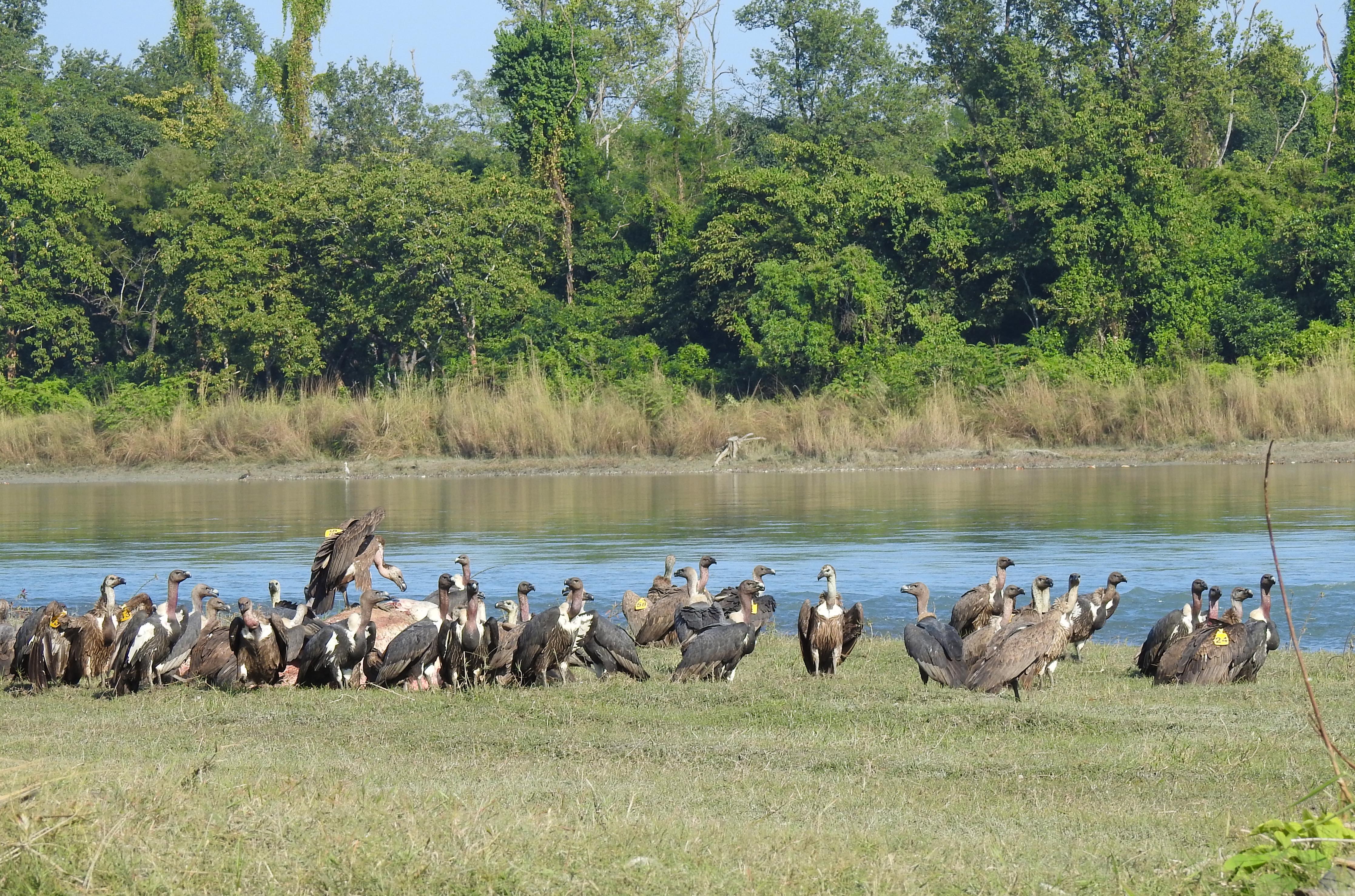
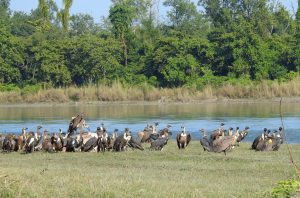 The first Saturday in September each year is International Vulture Awareness Day. The 12th International Vulture Awareness Day is celebrating on 5 September 2020 and its week carry out the different activities that highlight vulture conservation and awareness. Vultures are the most efficient scavenging birds which play a highly important ecological role through the rapid consumption of animal carcasses.
The first Saturday in September each year is International Vulture Awareness Day. The 12th International Vulture Awareness Day is celebrating on 5 September 2020 and its week carry out the different activities that highlight vulture conservation and awareness. Vultures are the most efficient scavenging birds which play a highly important ecological role through the rapid consumption of animal carcasses.
They do safely disposing off dead animals and help in preventing the spread of zoonotic diseases. The loss of a major scavenger from the ecosystem have associated disease risks for wildlife, livestock and humans including the spread of rabies and livestock borne diseases like anthrax, tuberculosis and brucellosis. Vultures are the cleaner of the environment and its presence is an indicator of healthy environment.
They also have an important cultural role in the consumption of human dead bodies in sky burials within Nepal and Tibet. Based on a priest’s advice, Lama people in the Trans Himalayan range and in other cultures including the Sherpa, the dead body is cut in to pieces and offered to vulture. In this dry environment where burial and incineration are impossible. In Hindu mythology, a vulture is said to be the carrier of God Sani (Saturn); and a vulture struggled with Ravana to stop kidnap of Sita in the Ramayan.
Vultures, once one of the most numerous large raptors in the world, nearly went extinct across South Asia in the late 1990s through widespread poisoning by diclofenac which is widely used to treat livestock.
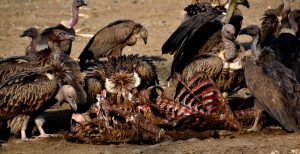
In Nepal, the vulture population declined by more than 90% in between 1995 and 2011. Since 2002, the vulture recovery programme initiated in Nepal with an integrated approach, which involves advocacy, education, monitoring, research, captive breeding, supplementary feeding and site protection to help implement Nepal’s Vulture Conservation Action Plan. In the beginning the big challenge was removing diclofenac from the veterinary system.
There was ignorance of the issue and the solutions across government, civil society and the private sector. The sheer geographical scale of the problem and how to work across such huge areas brought its own challenges.
Bird Conservation Nepal partnering with government institution, conservation organisation and community led the key elements as scientific survey, Diclofenac monitoring and swapping for safe alternative-Meloxicam, nest monitoring, community sensitizations and outreach on vulture conservation. The conservation efforts that have been put so far have shown some significant output on conserving vultures, promotion of eco-tourism, education and awareness and economic incentives, involving the local communities and supporting their livelihoods.
But, there is still gap on quantifying the ecosystem services that providing by the vultures. Despite its importance for ecosystem and human health, the cleaning service provided by vulture is disregarded. Vultures provide significant ecosystem services helping reduce CO2 emissions to providing cultural and spiritual services dating back thousands of years. Established the world’s first community managed Vulture Safe Feeding Site (Jatayu Restaurant) in 2006 and similar efforts have been replicated in 6 other sites in Nepal. These Vulture Restaurants collect old and unproductive cattle from nearby villages and keep them for at least seven days to ensure they are diclofenac-free and then fed to vultures after their natural death. This neatly links biodiversity conservation with an income generating livelihood.
The communities around Vulture Restaurants developed a clear and strategic plan to conserve vultures and other wildlife by implementing sustainable living practices in the village communities. The vision was that these areas become model sustainable conservation and eco-tourism zones; a prime example of how people can not only exist but develop and thrive while conserving and protecting the environment that sustains them. Jatayu restaurants are the shelter of homeless and aged cattle which are usually burden to farmers. Generally, one farmer has to spend around one thousand NRs. for their cattle carcass management. But, Jatayu restaurant has collecting their cattle in advance and saving their money and even provide Rs. 300 to farmer instead.
These Jatayu restaurants have saved farmers' expense around 2.5 lakhs every year in Nepal. Also contributed significantly on the management of feral street cattle, balancing ecosystem and sanitizing environment. Thus vultures maintaining the transfer of energy through food webs and removal of soil and water contaminants, regulating the spread of diseases and populations of other scavengers such as jackals and foxes. Vultures provide an efficient, cost-effective and environmentally beneficial carcass disposal service which is positively valued by farmers.
Recent study in Spain has been demonstrated that Griffon Vulture rapidly consume livestock carcasses significantly reduce greenhouse gas emissions (by 77,344 metric tons of CO2 eq.) and economic costs (50 million dollar in insurance payments) arising from the collection and transport of carcasses to processing plants by vehicles. As vultures are specialized for rapidly locating and consuming carcasses, they have a competitive advantage over terrestrial species such as jackals and foxes. In the absence of vultures, it has been shown that populations of feral dogs and other facultative scavengers can increase, potentially increasing the development and transmission of diseases such as rabies.
Vultures also provide cultural and spiritual services dating back thousands of years. Trans-Himalayan region of Nepal which include the Humla, Jumla, Dolpa, Mustang and Manang districts holds the important breeding populations of the globally near threatened Himalayan Griffon and Bearded Vulture. Thus, the continued existence of these scavengers have not only ecological but also cultural implications because of their unique role in the centuries-old sky burial tradition. This mysterious tradition has recreational services in the form of ecotourism particularly for bird-watchers and photographers. For example, it has been estimated that more than one hundreds international tourists visiting annually to Jatayu Restaurant, Nawalparasi specifically to view vultures. There are many other examples of the potential value of ecotourism around vulture breeding areas and feeding sites as important sources of local income. It is now widely acknowledged that promoting the scavenging services provided by vultures would restore an important ecological function for the mutual benefit of vultures, the wider environment and ultimately provide socio-economic and well-being benefits to people. Thus respect to the role of vultures for ecological balance and let’s save it from brink of extinction.
Bhusal is Vulture Conservation Program Manager in Bird Conservation Nepal
Krishna@birdlifenepal.org

 Nature Khabar
Nature Khabar
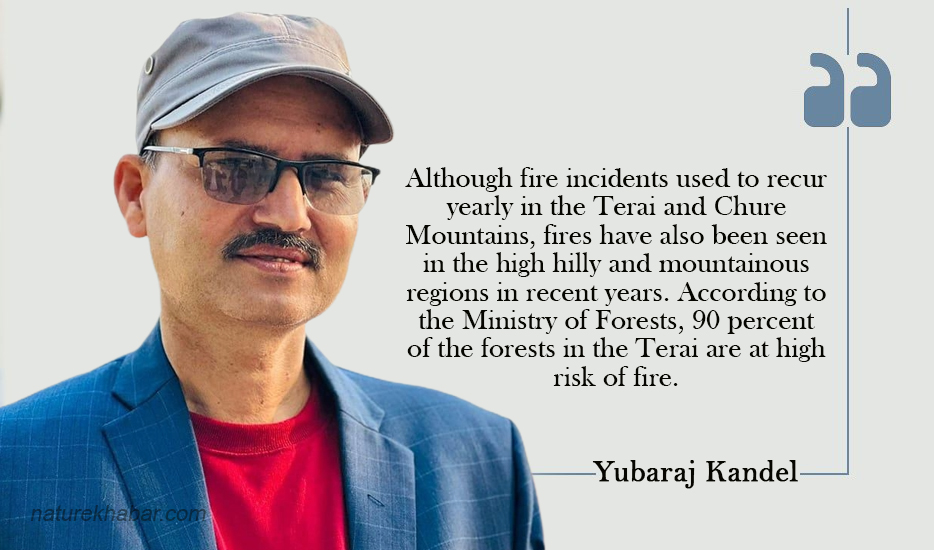

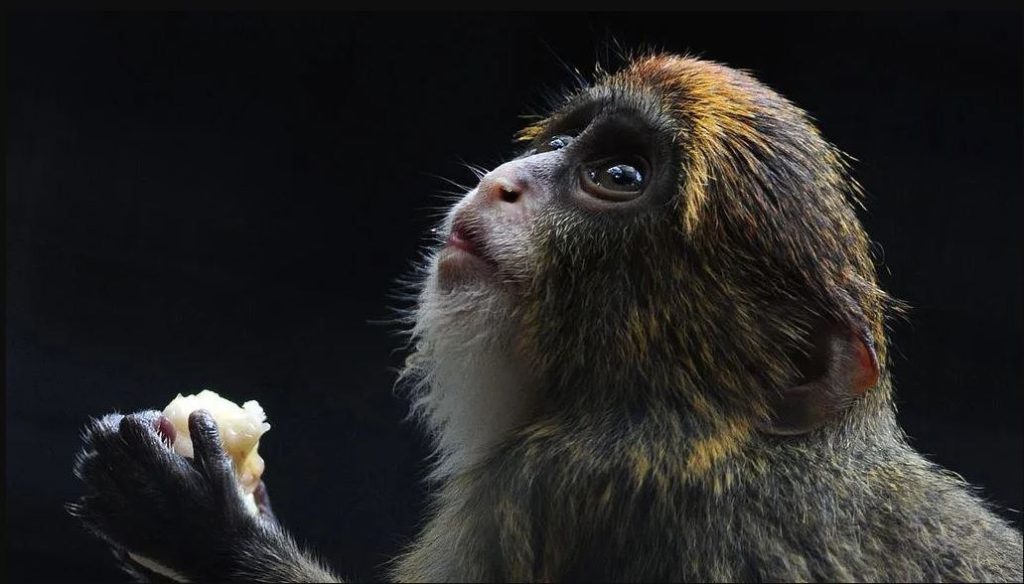

Feedback